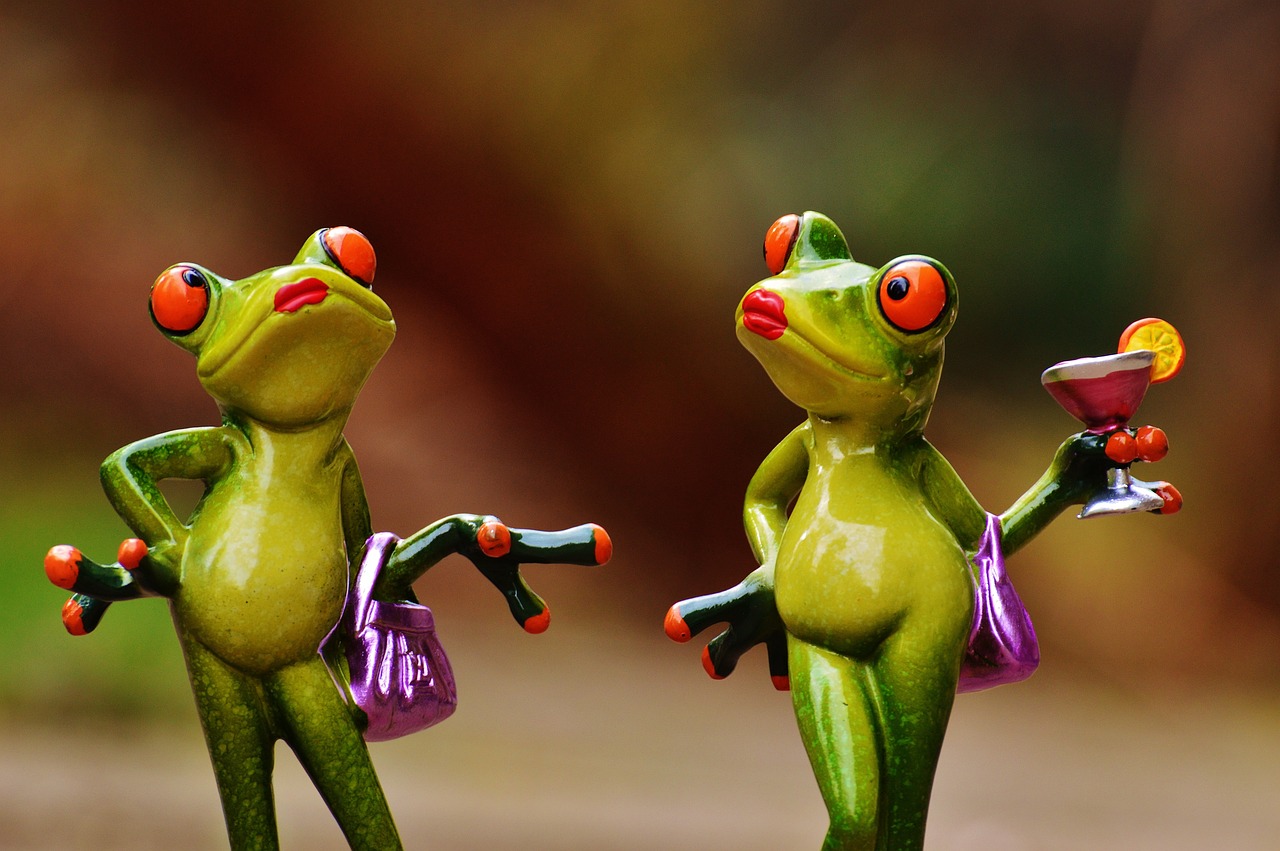Exploring the Role of Book Critics in Shaping Literary Discourse and Public Opinion: 11xplay .com, Diamondexch999 sign up, Skyexchange
11xplay .com, diamondexch999 sign up, skyexchange: Book critics play a crucial role in shaping literary discourse and public opinion. Their reviews and critiques often influence readers’ perceptions of a book and can significantly impact its success in the market. In this article, we will explore the significance of book critics and how they contribute to the broader literary landscape.
The Power of Book Critics
Book critics are responsible for evaluating the quality of literary works and providing their recommendations to readers. Their reviews can help readers discover new authors, genres, and perspectives, expanding their literary horizons. Additionally, book critics can serve as gatekeepers, filtering out lower-quality works and highlighting those that deserve attention.
Critics have the power to shape public opinion about a book, influencing its sales, awards, and overall reputation. A positive review from a respected critic can propel a book to bestseller status, while a negative review can lead to its obscurity. As such, book critics hold a significant amount of influence in the literary world.
The Role of Critics in Literary Discourse
Book critics contribute to literary discourse by engaging with works on a critical level and providing thoughtful analysis and commentary. Their reviews can spark discussions among readers, scholars, and authors, enriching our understanding of literature and its cultural significance.
Critics also play a vital role in preserving literary traditions and promoting diverse voices and perspectives. By championing marginalized authors and highlighting underrepresented narratives, critics can help broaden our literary canon and challenge dominant literary norms.
Critics as Advocates for Readers
Book critics serve as advocates for readers, helping them navigate the vast landscape of literary offerings and make informed choices about what to read. Their reviews can provide valuable insights into the strengths and weaknesses of a book, helping readers decide whether it aligns with their interests and preferences.
Critics can also help readers discover hidden gems and overlooked masterpieces, shedding light on lesser-known works that deserve attention. By curating and recommending books, critics play a crucial role in fostering a vibrant and diverse literary culture.
The Future of Book Criticism
In an age of digital media and social networking, the role of book critics is evolving. Critics now have platforms like blogs, social media, and online publications to reach a broader audience and engage with readers in new ways. While traditional print publications still hold sway in the literary world, online platforms offer critics greater flexibility and immediacy in sharing their opinions and recommendations.
As we look to the future, it is essential to recognize the valuable contributions that book critics make to our literary ecosystem. By supporting and engaging with critics, readers can help ensure that their voices continue to shape literary discourse and public opinion for years to come.
FAQs
Q: Are all book critics professional reviewers?
A: While many book critics work for established publications or websites, there are also amateur reviewers who share their opinions on blogs, social media, and other platforms.
Q: How do book critics choose which books to review?
A: Book critics often select books based on their interests, expertise, and the relevance of the work to their audience. Publishers may also send review copies to critics for consideration.
Q: Can book critics be biased in their reviews?
A: Like any critic, book critics may have personal preferences and biases that influence their reviews. However, professional critics strive to provide fair and objective assessments of literary works.







